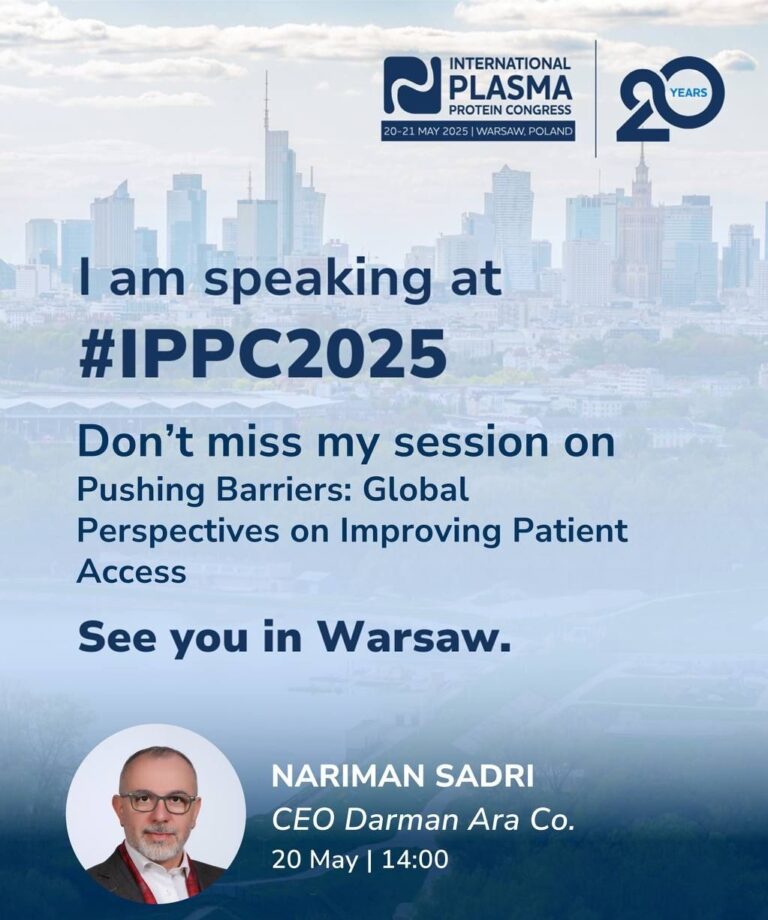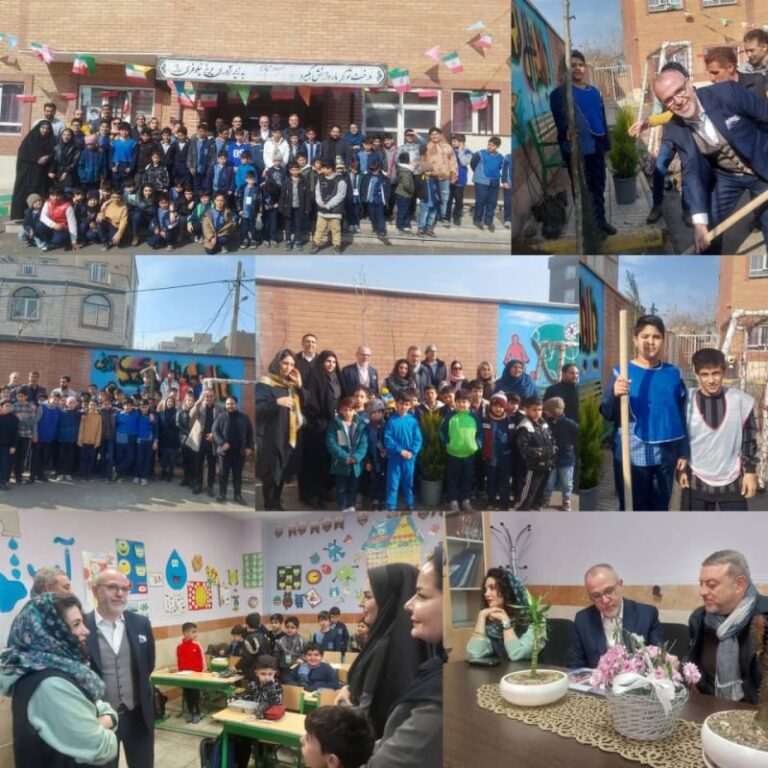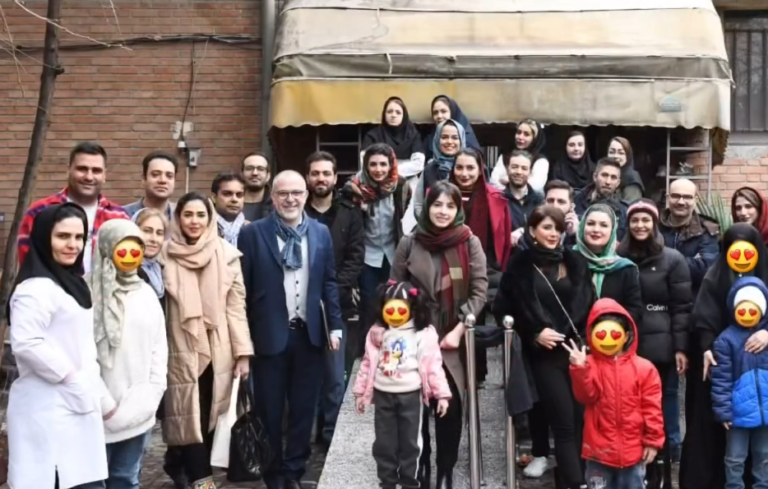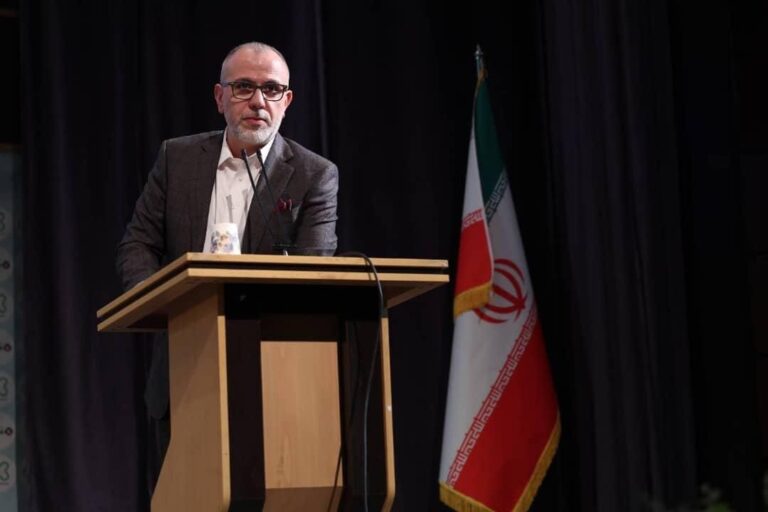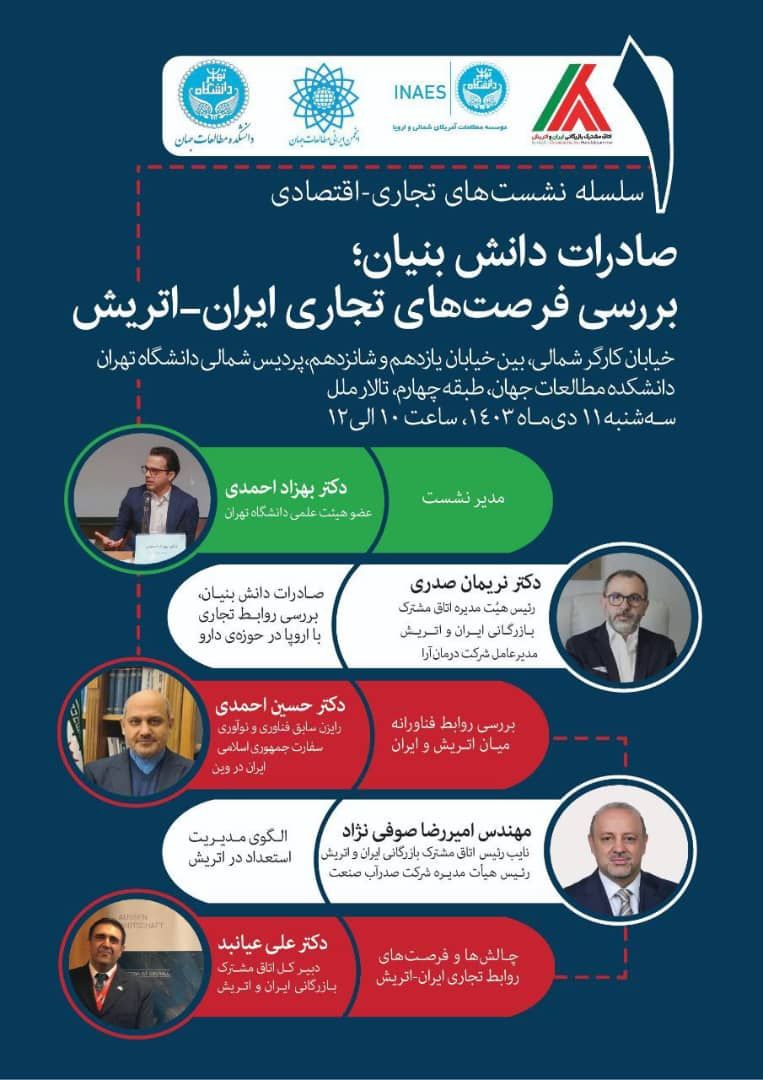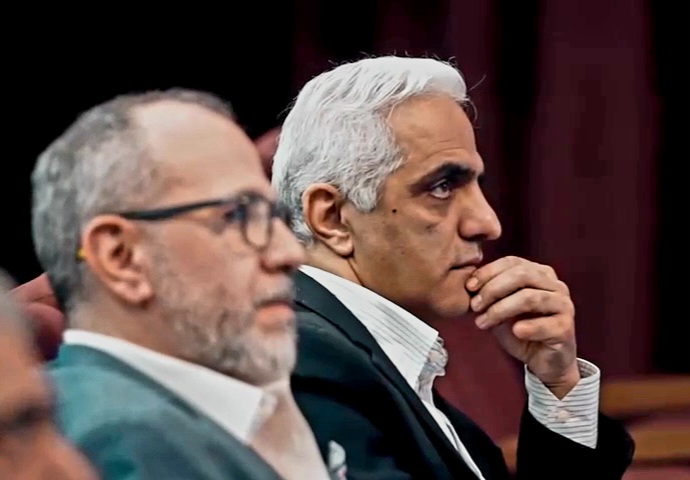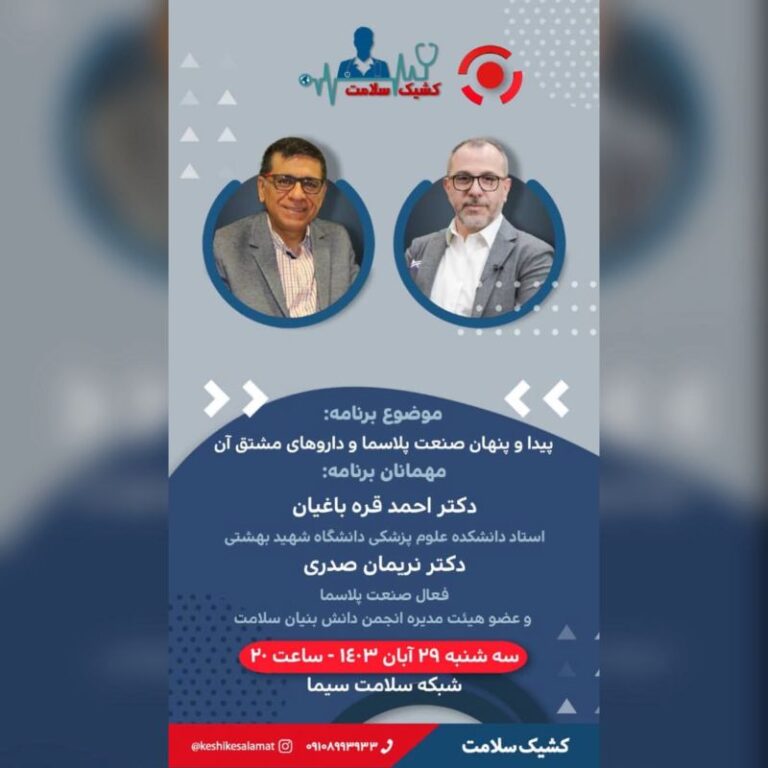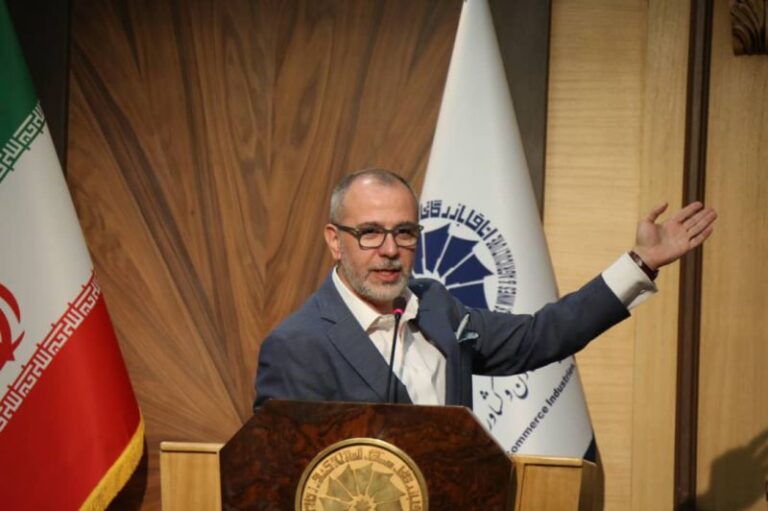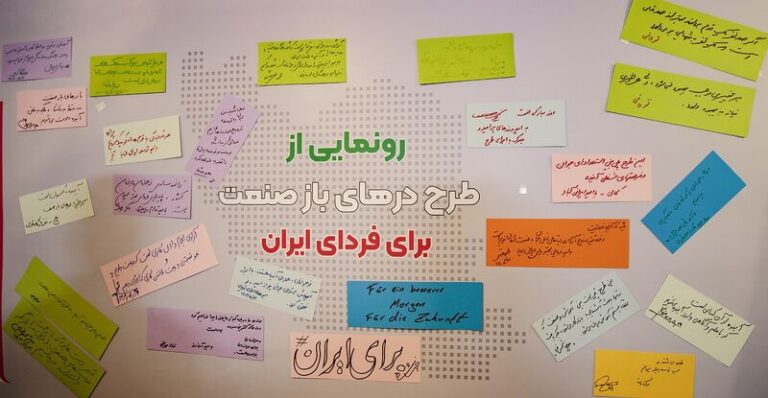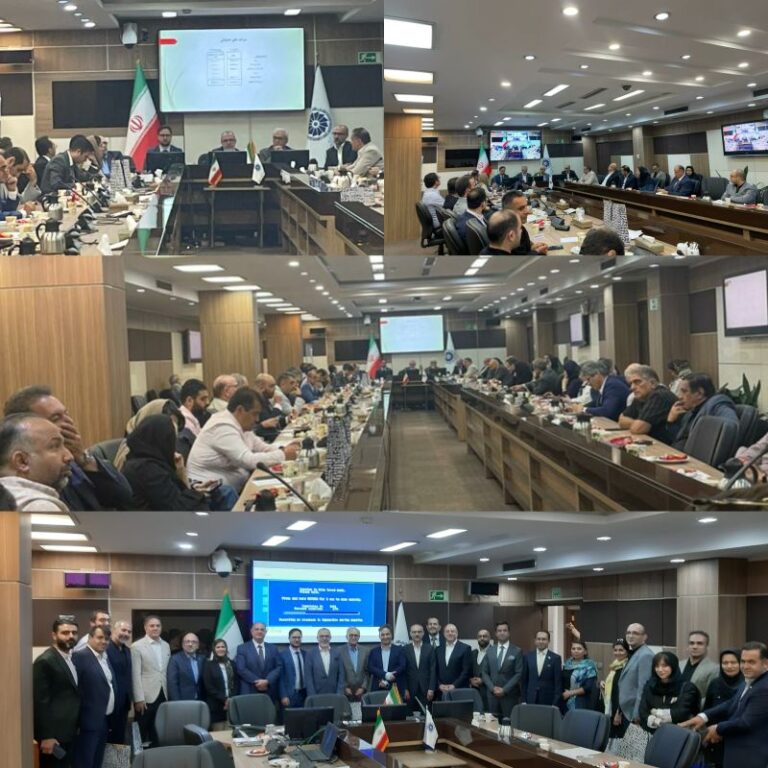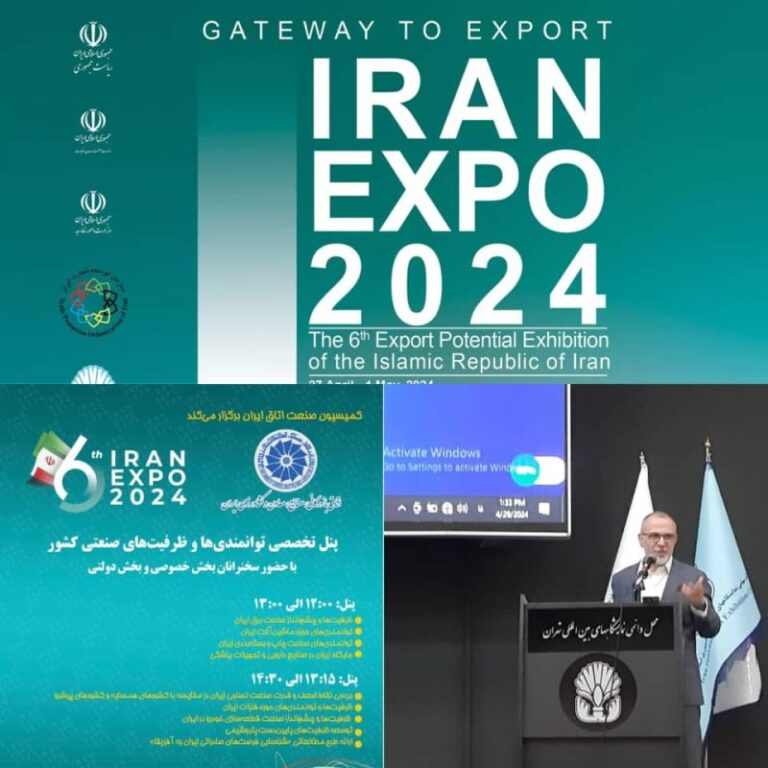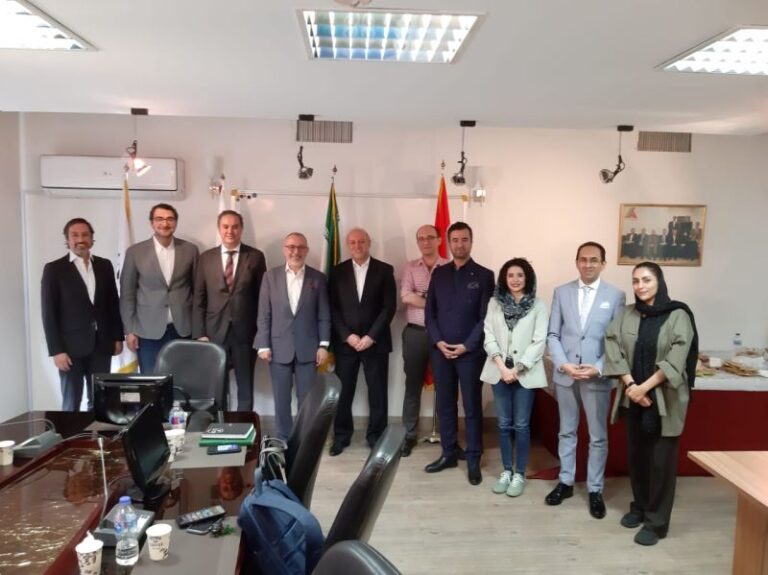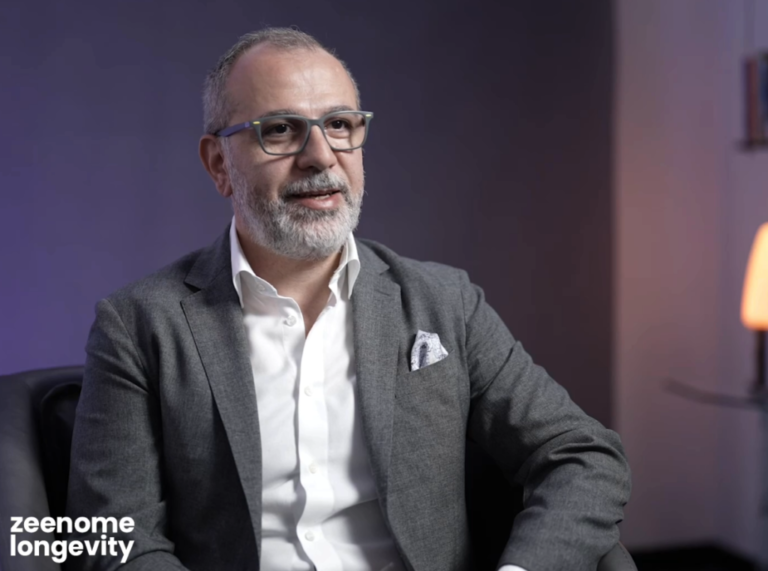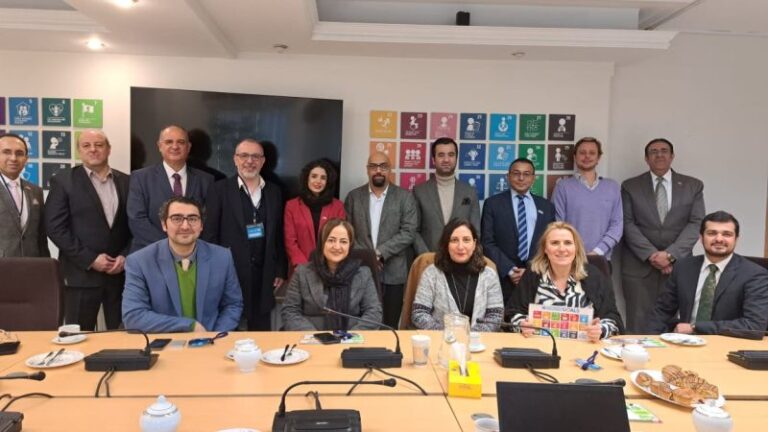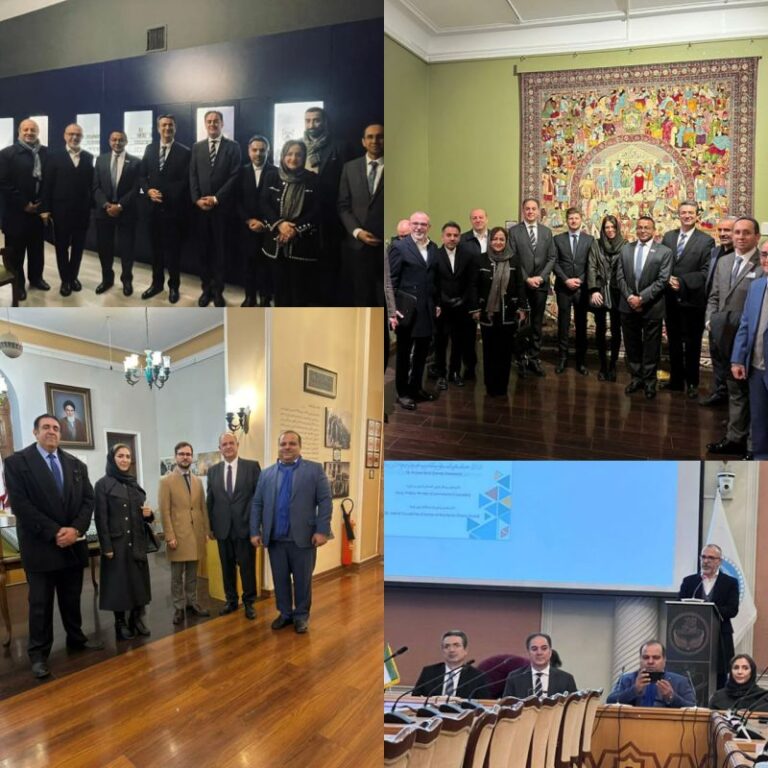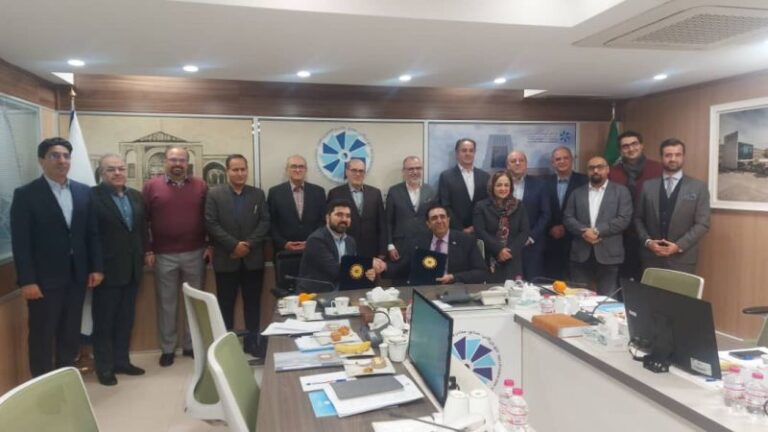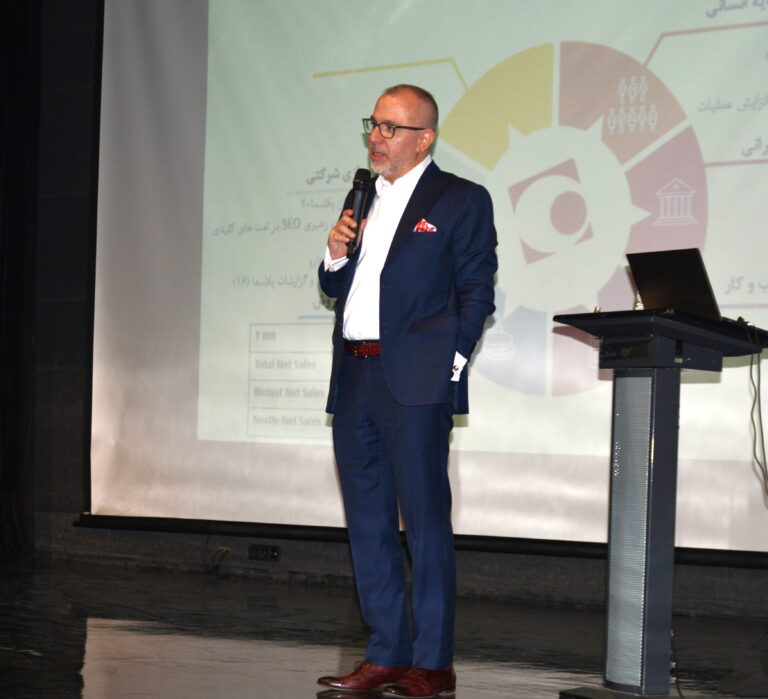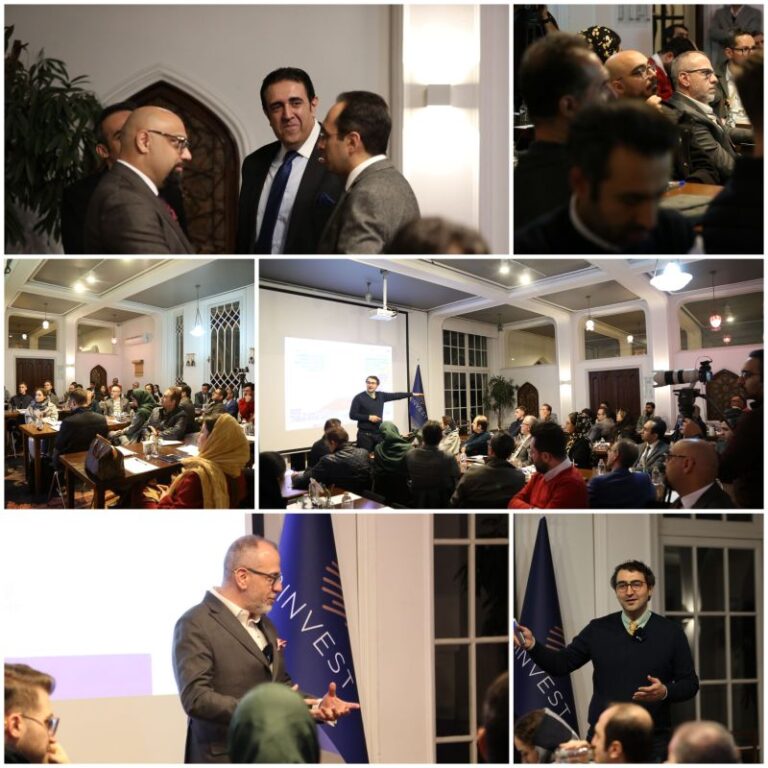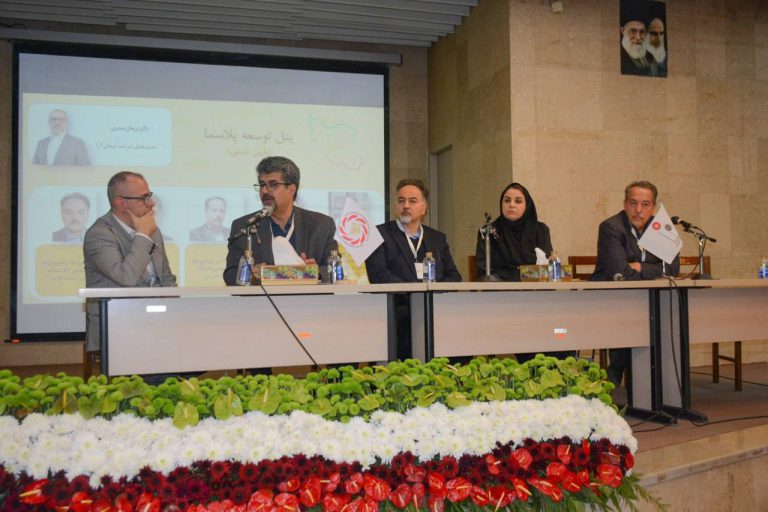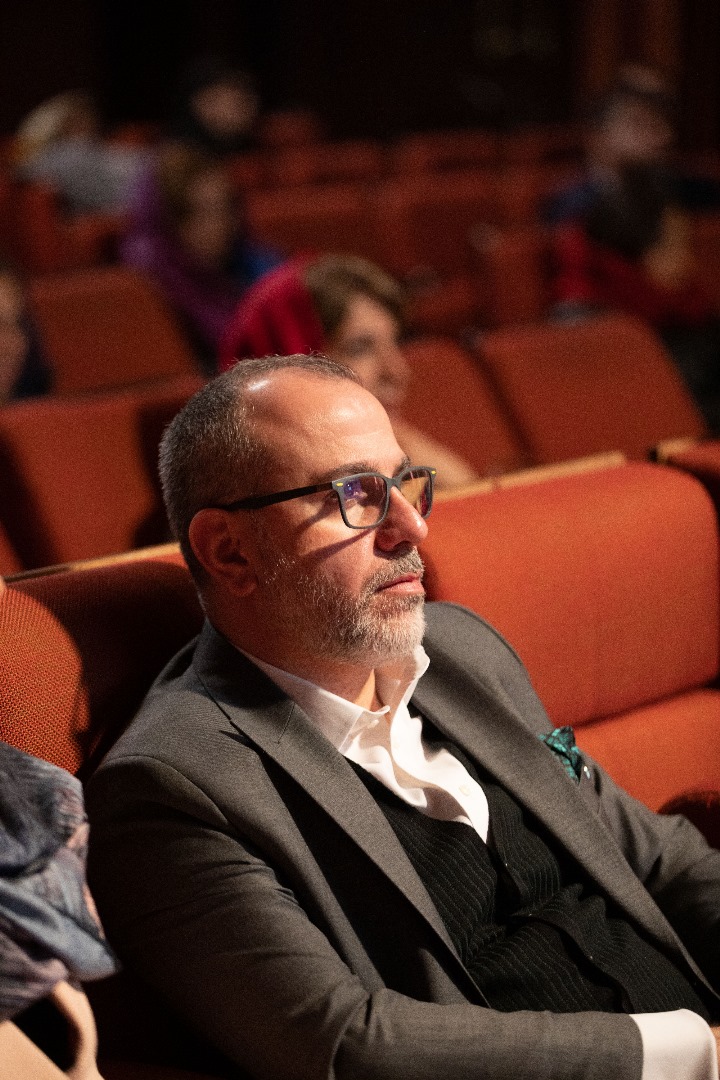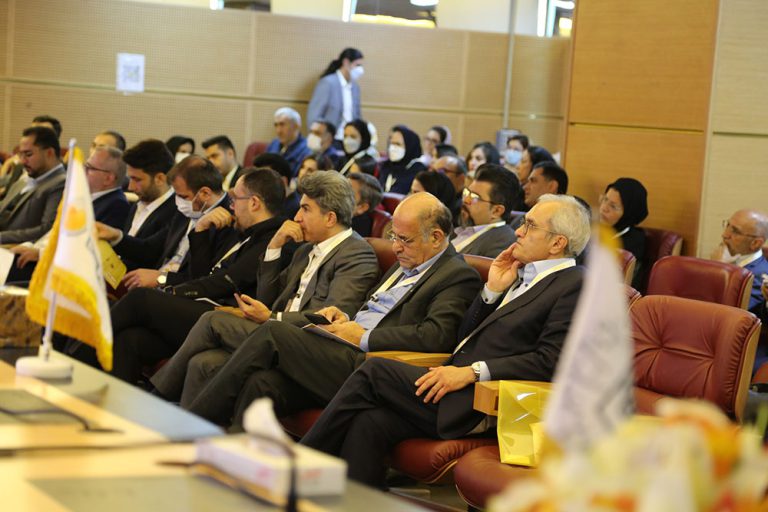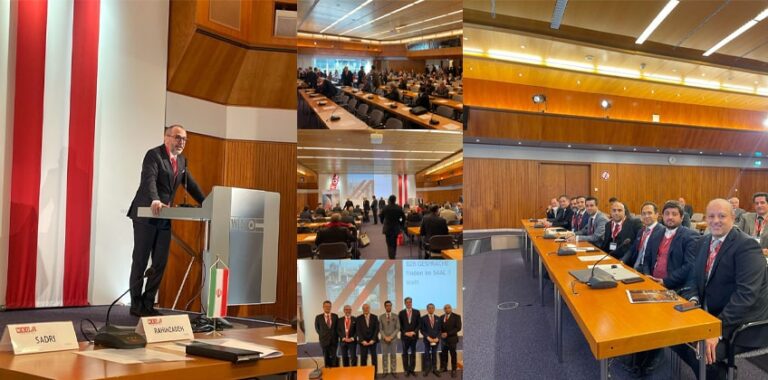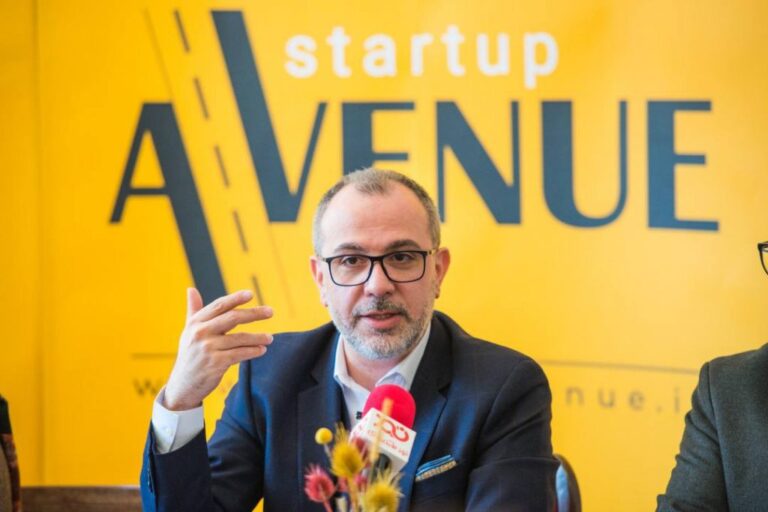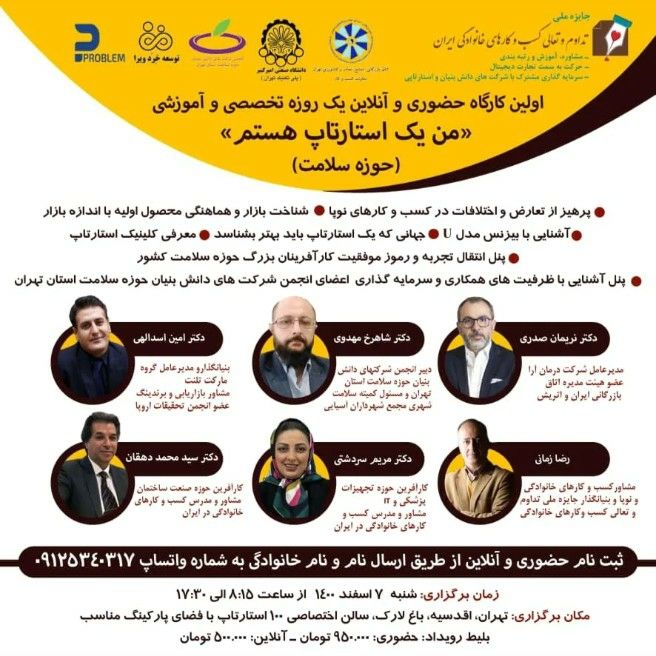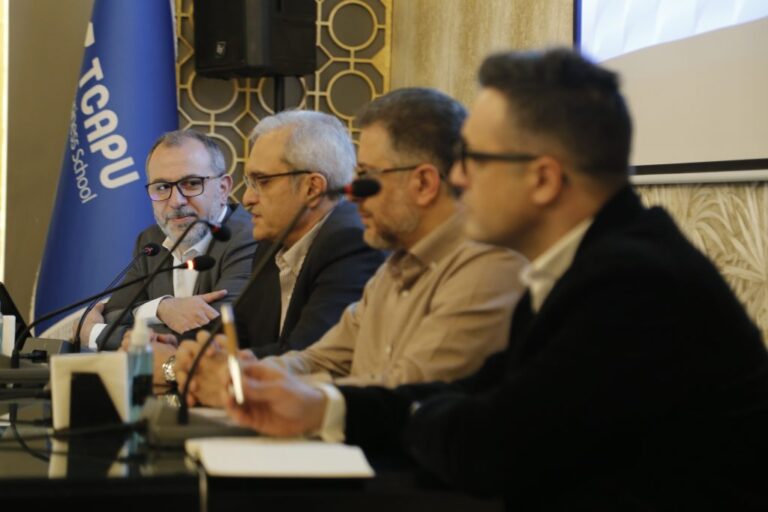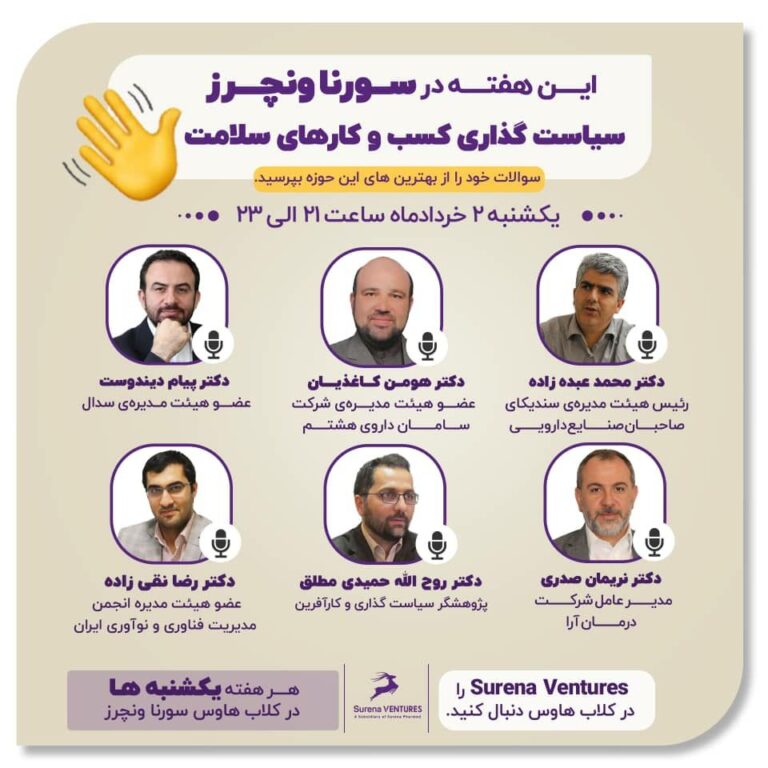The consequences of repeated encounters for a living being in connection with its dynamic and static environment are beneficial. These stimuli allow the organism to distinguish between objects and beings that are harmless and those that are dangerous, and this is one of the first and most important foundations of social dependency. In this way, it forms the basis of social organization and integration.
Can you believe that a defense mechanism ingrained in us can be the foundation for fatal cognitive errors? These days, we are hearing tragic news from Palestine, with a bloody war raging, which has been overshadowed by the chaos of the pandemic. When we examine ethnic conflicts, aside from the political issues and the dirty power struggles, we are always astonished at how ordinary people, who are all human, can harbor such deep hatred and anger toward people of another ethnicity.
Our brain is constantly processing information from the outside, and automatic assessments are made by System 1. The important output of these assessments is determining whether additional effort from System 2 is required. One of these assessments is the measurement of cognitive ease, which answers the question of whether we have prior knowledge of the phenomenon being evaluated or whether we are faced with an unknown phenomenon, which creates a state of tension and requires System 2 to engage. This mechanism is known as cognitive ease.
From infancy, we become accustomed to the familiar faces of the society around us, the traditions of that society, and everything that is considered normal. Any new encounter is a high stress situation for our brain, which must use System 2 for proper analysis, requiring energy consumption. In some individuals with weaker thinking capacities, there may be no possibility of correct cognitive analysis when encountering phenomena outside their culture or societal norms. This cognitive error is the root of much of the ethnic hatred that power seekers exploit, using this cognitive bias to manipulate the masses, or even gain the support of millions of ordinary people who merely seek a happy life. These people sometimes silently, or even actively, accompany criminals in their acts of injustice and violence.
To overcome this cognitive error, System 2 must be actively engaged, and we must observe our likes and dislikes, which are based on the error of cognitive ease. The only way to end ethnocentrism is by educating the next generation to not evaluate the world, other cultures, and other ethnicities based on the traditional value system of their own culture.
How often in our lives do we fall prey to cognitive ease when interacting with others in our Iranian society, and prejudge others based on that?
Let us be the observer of ourselves…


